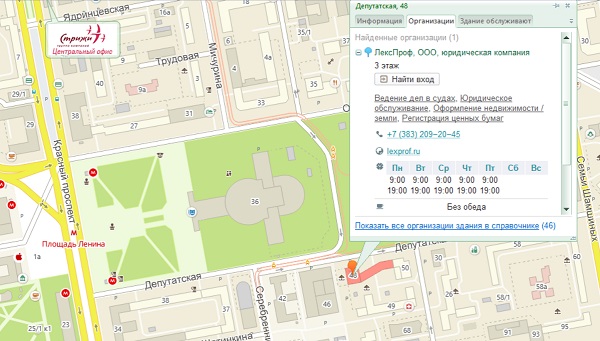In 2015 a contract of purchase and sale of equipment was concluded between the seller and the buyer, while the transaction amount was determined in the US dollars at the exchange rate on the day of payment.
The goods were shipped to the buyer at the end of May 2015 and paid for at the end of September 2015.
The problem was that from June to September 2015 the dollar rate grew steadily in September 2015. It was significantly higher than in May 2015.
Therefore, the seller, having issued an invoice in early June 2015, indicated there the amount was less than the buyer paid in September 2015, which led to the formation of a significant exchange rate difference for the buyer.
At the same time, the seller explained his actions by the fact that he was obliged to issue an invoice within five days from the date of shipment, referring at the same time to the norms of the Tax Code of the Russian Federation, Letters No. 03.07.11/50 of the Ministry of Finance of Russia of 17.02.2012 -07-11/13 dated as of 06.10.2015 No. 03-07-15/57115, which read as follows:
When goods (works, services) are shipped to account for previously received partial payment in rubles, the tax base is defined as the total cost of shipped goods (works, services) in rubles, including paid and unpaid portions. In this case, the unpaid part of the cost of goods (works, services) is converted into rubles at the exchange rate of the Central Bank of the Russian Federation on the date of their shipment. The date of shipment (transfer) of goods for the purposes of value-added tax is the date of the first-time compilation of the primary document issued for their buyer or carrier to deliver the goods to the buyer. Taking into account the foregoing, when selling goods to the buyer, the obligation to calculate the value-added tax from the seller arises on the date of shipment of the goods, regardless of the moment of transfer of the property right established by the contract.
Thus, the buyer was put in a very unfavorable situation for him, and the seller on the contrary, was in a very favorable position, since the current exchange rate difference can be attributed to non-operating income and reduce the taxable base.
However, the lawyers of LexProf drew the attention of the courts to the terms of the contract, according to which, the seller was obliged to present the invoice to the buyer after 100% payment of the goods, and until the moment of 100% payment the goods were in the custody of the buyer.
The courts concluded that the seller mistakenly considered the transfer of the goods for safekeeping by shipment, 100% of the payment for the goods occurred in September at the appropriate rate, the right of ownership arose from the buyer after 100% payment, which meant that the seller was obliged to present the buyer an invoice for the corresponding rate in September 2015.
The court of appeal confirmed the findings of the court of the first instance.





